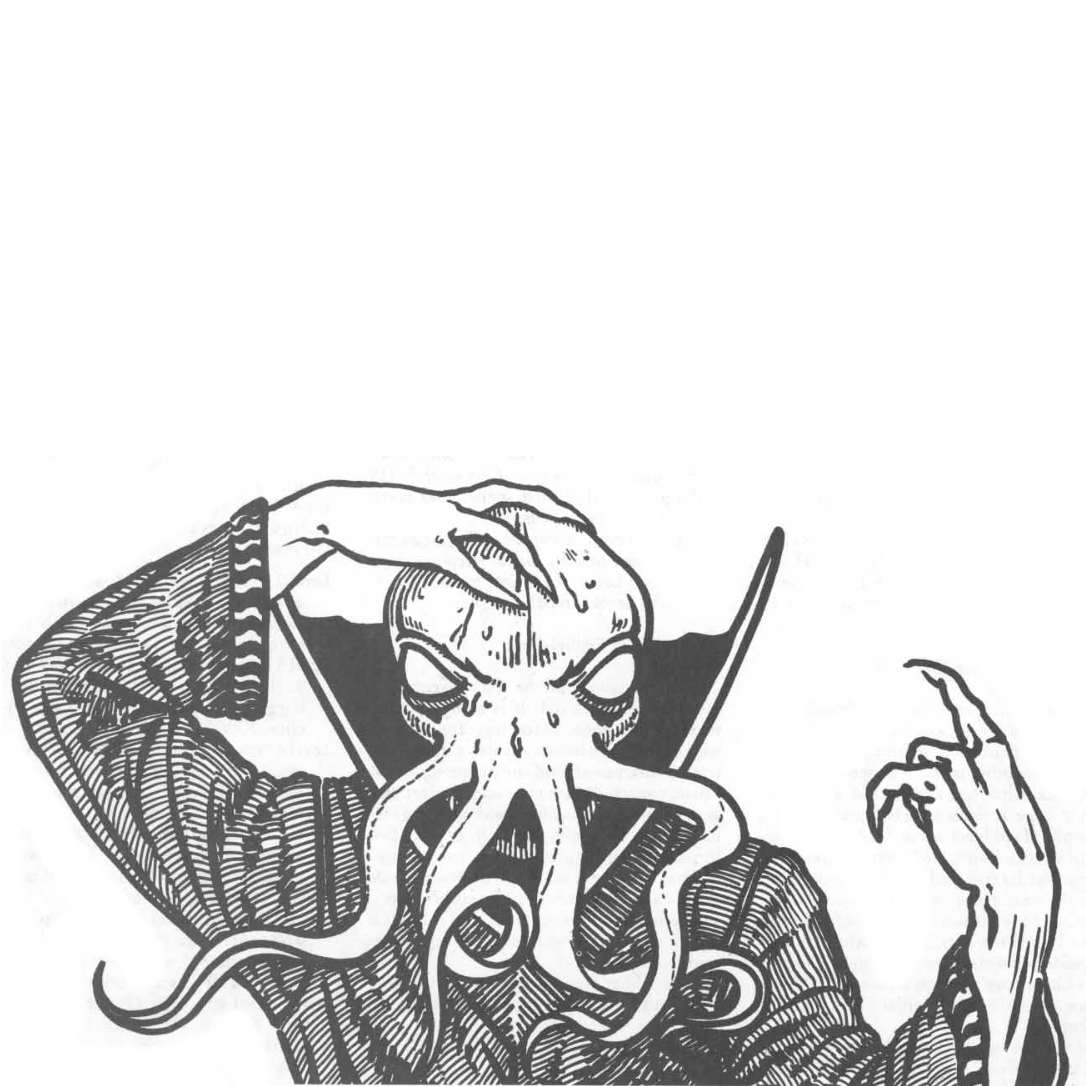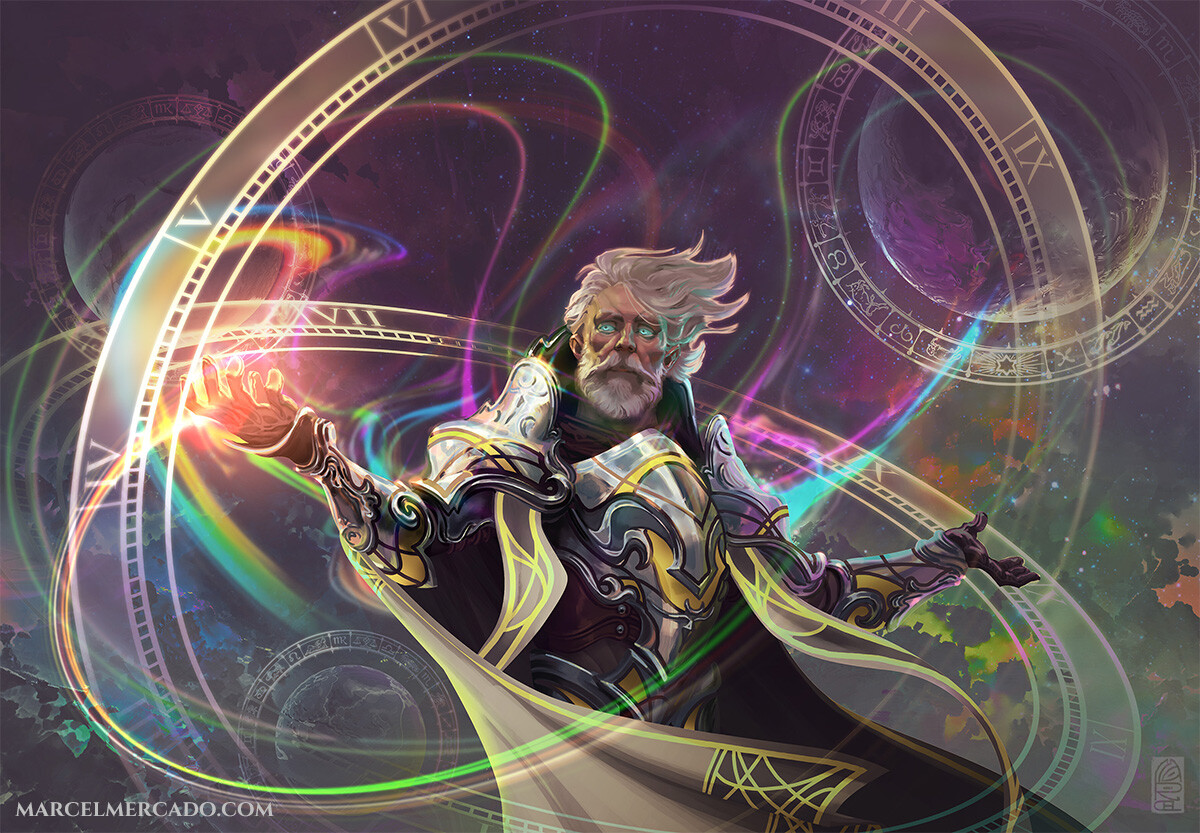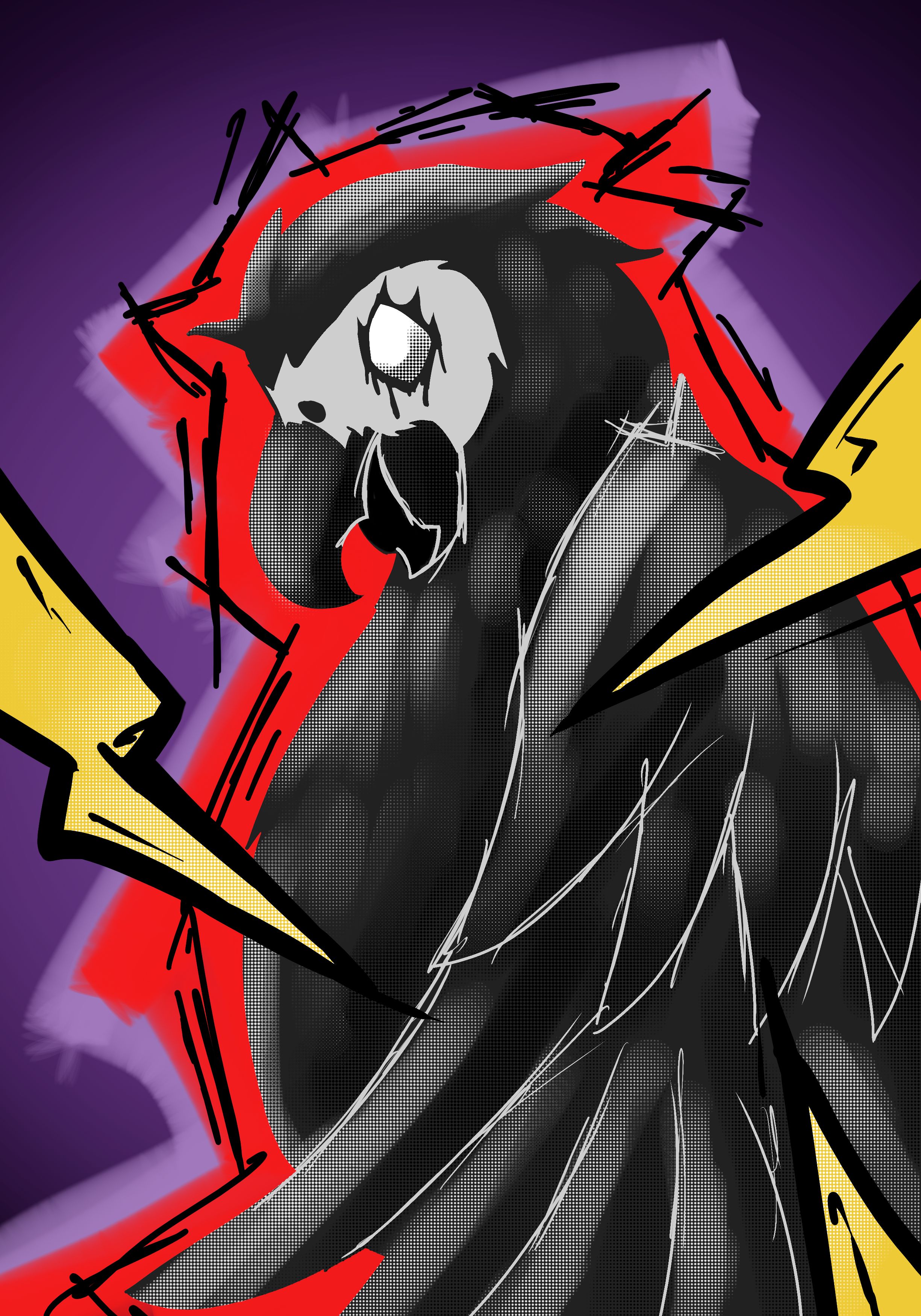If it’s a PbtA please expand on your system of choice!
I’ll start:
I really enjoyed Sexy Battle Wizards, but I think The Witch is Dead speaks to me more. I like player characters just being little weak dudes and struggling against normal stuff. (both of these are free by grant howitt and 1 page of rules)
I also enjoyed rude detectives, it has a surprisingly juicy dice system for a game that’s just 4-5 pages. It’s themed around child detective stories.
PbtA I like magpies stuff, like avatar and root, but my favorite until now was Fellowship 2e I think. Just so extremely versatile, and it’s a joy to give a lot of narrative control to players.
Last one is kinda cheating: my current favorite game is rules light within it’s genre. 13th Age is the easiest ‘dnd’ I’ve ever seen, and the amount of dumb rules and bookkeeping it prunes has reinvigorated 20f games for me! But compared to other games, it’s still a bunch of rules of course.
Tricube Tales. It’s the easiest game I’ve run, and strikes a perfect balance between rules lite narrative shenanigans and a traditional roleplaying game. Uses an easy to manage 1-3 pool of d6s, and all the GM has to do is pick a Trait (Agile/Brawny/Crafty) and assign a difficulty to the challenge (most of the time it’s 5). Character creation is pretty freeform, with PCs getting Fate aspect-style Perks and Quirks. You can run just about anything in Tricube Tales. It’s a real joy.
I’m also big into FIST ULTRA Edition, a game about paranormal mercenaries set during the cold war. Inspired by Metal Gear Solid and Doom Patrol, FIST is based on World of Dungeons, so it’s a 2d6 system, sort of like PbtA with only a “defy danger” move. The heart and soul of the game are the 200+ Traits, which are a sort of combination half-class, feat, starting gear, and attribute score adjustment. When you make your mercenary, you get to pick two Traits, and the ensuing combination is always fun.
Ironsworn is one of the lightest systems I enjoy, it’s on the crunchy end of PbtA. Lots of moves so you don’t have to rely on Defy Danger that much when doing some perilous adventuring. Novel way of handling “clocks” with their own set of moves. And fully support Co-op and solo play which also ads some moves.
Blades in the Dark is lighter but I don’t quite make the setting work for me, its awesomeness have yet to click for me. Its mechanics though - chef’s kiss.
@tissek @GataZapata I don’t think you can call Blades (or Wicked Ones, mentioned below) rules light. It’s core mechanic is super simple, yes, and has inspired lots of lightweight hacks. But Blades has soooo much tacked onto it that it almost feels like a board game to me in the sense that there are just so many moving pieces, and stages of play, and faction play, etc: it feels like a collection of mini-games sometimes.
I played starforged, I think that’s the same in space. Been meaning to read and run it ever since but you know how it is…
Especially the solo play the intrigues me.
I steal from the roll tables for that for the games though hehe.Base ironsworn is free BTW as far as I know, for anyone reading
deleted by creator
deleted by creator
Two I really enjoy are Index Card RPG by Runehammer, d20 done nice and light.
The other is Breathless by Fari Games, it has a free SRD and tons of games for it released under the Breathless Jam https://itch.io/jam/breathless-jam/entries
Seconded for ICRPG. The way it handles exploration and the whole tension die thing is great.
Lately I read Trophy Gold. Very simple system.
Shadowdark! Everything I love about 5e, none of the cruft.
I like to introduce new players to RPGs with Cairn. Bare-bones medieval fantasy RPG.
I’ve enjoyed running Thirsty Sword Lesbians so far :)
Dread is fairly unique and I had a blast running it
I just played Shadowdark and my players and I found it refreshingly simple to play. I did a video about it here:
I’ve only played 10-15 or so systems with a a few forays into extremely niche systems, but I’ve really enjoyed Fate Condensed, far more than I thought I would. My regular group are the ideal audience for it too as we all have a very ‘writers room’ approach to storytelling.
Is fate intended for a certain kind of setting (fantasy, sci-fi etc) or is it more freeform/fits all?
Fate is probably about as freeform / fits all as you can get, and compared to other similar systems like GURPS, making the kind of alterations to make it fit Fantasy Vs apocalyptic Vs cyberpunk etc is really easy, but the system remains evocative as you chop and change it.
I’d absolutely recommend it as a one-shot system, although it’s also good for campaigns too. Players are encouraged to leave some parts of their character sheet blank and fill it out in the session as they discover who they are, which I think really helps players have satisfying characters for one-shots as they don’t get stuck not knowing their characters.
Lasers and Feelings is so rule-light the rules document is actually a single page. I played it once and had a blast with my character, who I named Beef McLargeHuge and who got into some weird situations, and mostly solved problems by seducing
whoeverwhatever was convenient.Don’t pre-plan outcomes—let the chips fall where they may. Use failures to push the action forward.
This bit should apply to most TTRPGs










